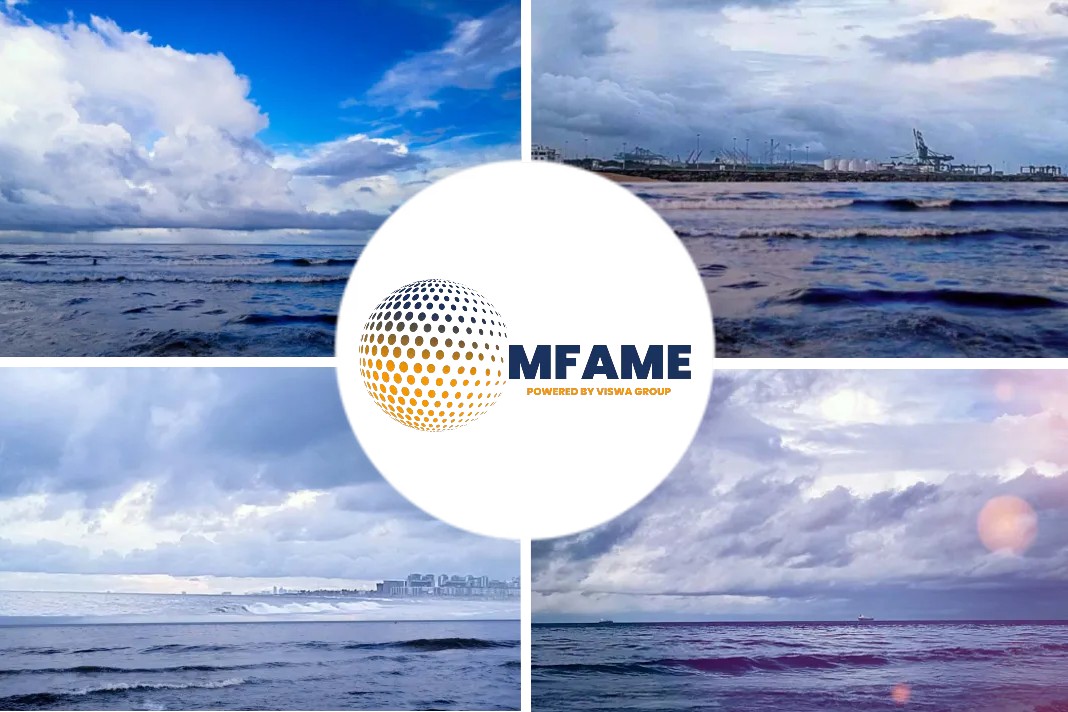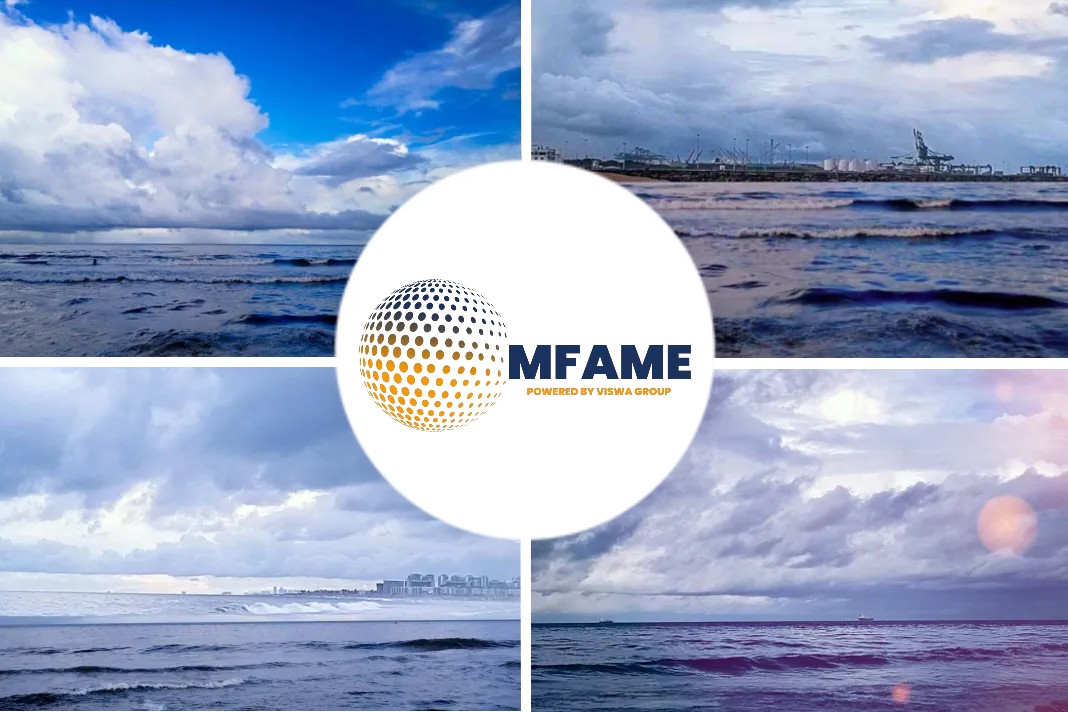- Unilever already has more than 300 factories across the globe, but they are large facilities designed to produce mass quantities.
- Sometimes the company needs to make smaller batches of products for items that are in season or when testing a new item.
- Inside a 40-foot shipping container parked in the Dutch town of Wageningen, there lies the global base for Unilever’s food and refreshment business.
- There will soon be a fully functioning production line for the consumer goods company’s liquid bouillon.
- By making the product in a shrunken-down space, the company hopes to reduce its carbon footprint, produce less waste.
- Eventually be able to ship these nano-factories to new spots around the world so they can take advantage of local ingredients.
According to a recent news article published in Fast Company, Unilever’s new nano-factories fit in a shipping container, so they can go anywhere in the world.
How did the travel factory idea come?
The travel factory idea came from two engineers as a way to tackle these challenges and cut down on the waste—both material and energy—that comes with mass production.
Its first use will be to make liquid bouillon for Unilever Food Solutions, the foodservice arm of the company, and if the Netherlands shipping container factory is successful.
The company will look into installing shipping containers at other Unilever food factories and eventually expanding their production capabilities to make mayonnaise, ketchup, and ice cream.
A comparison of present and past production
These nano-factories won’t ever match the production levels of Unilever’s large factories, and that’s the point.
Instead of having a few big factories that need to produce tons of products or require ingredients to ship from far locations, Unilever envisions these small factories deployed wherever, and whenever, they’re needed.
“They offer an exciting new way of manufacturing,” says Trifunovic. “A way that is less wasteful, promotes locality, and reduces food and fossil fuel waste.”
Did you subscribe to our daily newsletter?
It’s Free! Click here to Subscribe!
Source: Fast Company















